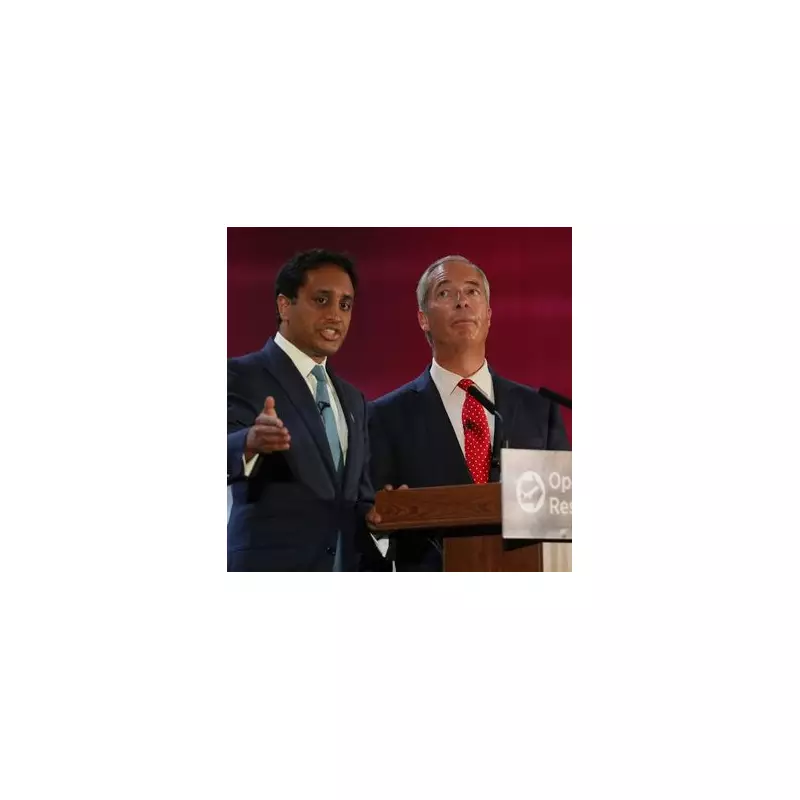
Reform UK leader Nigel Farage has unveiled his party's most radical immigration policy yet, proposing the deportation of approximately two million migrants who entered Britain illegally under what he describes as a "necessary" immigration reset.
The controversial plan, announced during a campaign rally in Dover, represents the most hardline approach to immigration of any major political party in the current election cycle. Farage declared the policy essential to "take back control" of Britain's borders, directly referencing his flagship Brexit campaign slogan.
Australian-Style System Proposed
Central to Reform UK's strategy is the implementation of an Australian-style points-based immigration system that would prioritise skills and economic contribution over family reunification. The policy paper states: "We must distinguish between those who contribute and those who don't. The current system is broken beyond repair."
The party's proposals include:
- Immediate deportation of illegal immigrants and foreign criminals
- Freeze on all "non-essential" immigration for two years
- Introduction of a points-based system favouring skilled workers
- Zero tolerance for illegal Channel crossings
- Withdrawal from the European Convention on Human Rights
Legal Challenges and Criticism
Legal experts have immediately questioned the feasibility of such mass deportations, citing human rights legislation and practical implementation challenges. Human rights organisations have condemned the proposals as "inhumane" and "legally questionable."
Opposition parties have accused Farage of using inflammatory rhetoric to gain political traction, with one Labour spokesperson describing the plans as "a desperate attempt to remain relevant" in the election campaign.
However, Reform UK insists their approach reflects growing public concern about immigration levels. Recent polling suggests immigration remains among the top three issues for British voters, particularly in traditional Conservative strongholds.
Electoral Implications
Political analysts suggest Farage's hardline stance could siphon votes from both Conservative and Labour supporters dissatisfied with mainstream immigration policies. The timing of this announcement, during the critical final weeks of campaigning, indicates Reform UK's strategy to position itself as the only party offering substantial immigration reform.
As the election approaches, Farage's deportation plans are likely to dominate immigration discourse, forcing other parties to address what has become one of the most contentious issues in British politics.





